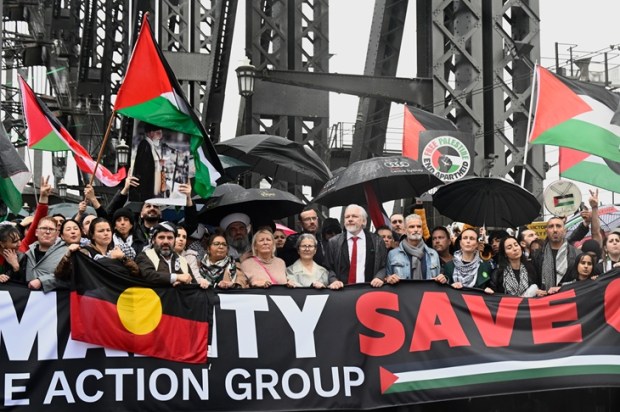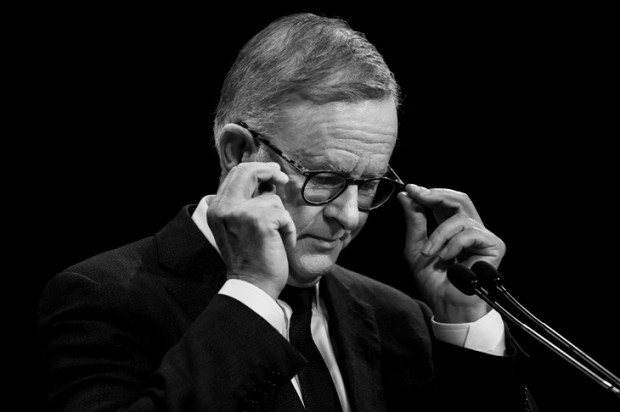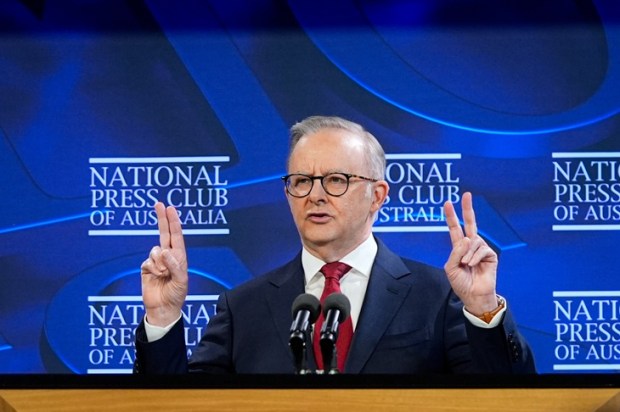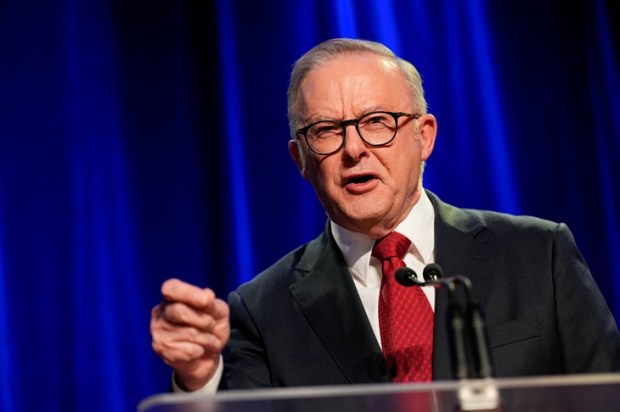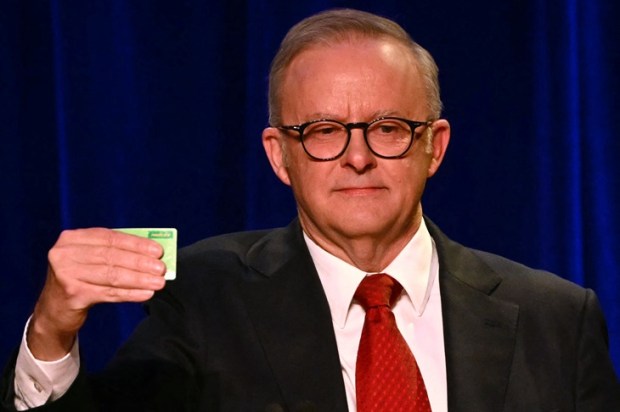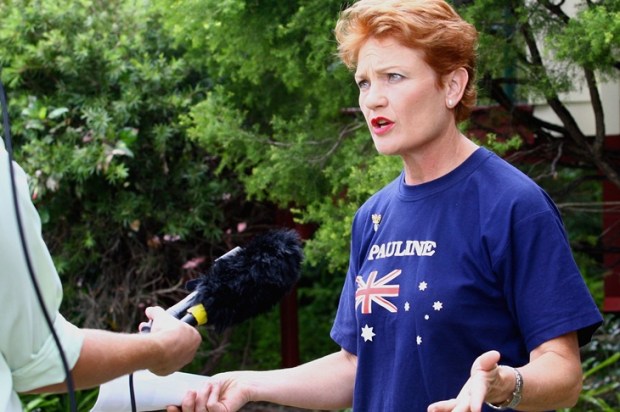From the National Press Club: Australia is in a phoney election campaign. We’re in that period where we know an election must be held by May 17 at the latest, but no election has been announced. The last day for the government to announce the election is April 14. The government must then enter caretaker mode and cannot make any major decisions. In my opinion, the Albanese government is deliberately using its position to campaign at public expense in the meantime.
The first of the National Press Club’s election series addresses was not by politicians. No politician will officially campaign during this phoney period. Instead, a debate on industrial relations between the chief of the Australian Chamber of Commerce and Industry (ACCI), Andrew McKellar, and the president of the Australian Council of Trade Unions (ACTU), Michele O’Neil, was broadcast.
During the Hawke era, a tripartite relationship between government, unions, and business (in that order) existed. Effectively, the various Prices and Incomes Accords between the Hawke government and the ACTU created a consensus where unions would not push for higher wages in exchange for social benefits. The Business Council of Australia (BCA), established at that time, effectively agreed not to increase prices. Membership of the BCA was by invitation and was restricted to the top 100 companies in Australia.
The BCA is still a major player in our economy. (While they were following Chris Bowen around after the 2022 election à la Hawke, they are not doing this so much in recent times.)
Back in the 1980s and into the early 1990s, the tripartite system was known in Australia as ‘corporatism’ (or neo-corporatism, if one wants to nuance corporatism away from its founder, Benito Mussolini). But in short, some of the most important economic reforms in Australia’s history were enabled by Bob Hawke’s leadership. His consensus model was more a form of social democracy that promoted consensus above competition, but given the Reagan-Thatcher era of the time, the Hawke government facilitated economic liberalism in ways that neither Albo nor Adam ‘Who?’ Bandt would ever have agreed to.
Nonetheless, during the Press Club debate, I was perturbed by the way that Albo’s absence of leadership had the ACCI and the ACTU completely at odds. It was like they were both talking across purposes but with no real purpose.
This was very different when compared with the heyday of corporatism in Australia, where the BCA and the Australian Council of Social Services (ACOSS) not only agreed to disagree, but they actively sought common ground. Not so the ACCI and the ACTU.
ABC presenter, Greg Jennett, the MC of the debate, mentioned where they might seek common ground just before I asked my question.
My question to the debaters was related to where the ACCI and the ACTU could find ‘common ground’ to support the ‘common good’.
(The ‘common good’ is an important concept in liberal democracy. It refers to individuals acting in their own self-interest in terms of looking after themselves and not at the expense of others. At the same time, it refers to one’s civic duty in ensuring that nobody in our society is left behind, typically through advancing equality of opportunity as opposed to equality of outcome – so it has nothing whatsoever to do with socialism.)
The biggest problem with Australian industrial relations is that the poor old worker gets shafted every time we talk about productivity. Productivity is central to our standard of living, but it is not all about workers. I know very few people who are not working their butts off right now. In my opinion, our standard of living sucks, and this has been caused by the Albanese government’s ideologically driven economic policies.
But if we look at multi-factor productivity, which includes things like our infrastructure, then surely there is some place for common ground between business and the unions.
Instead, the divide between capital and labour in two of our formal institutions that represent these groups represents the politics of the day with a smattering of education policy. Nothing to do with why our roads suck, regional airlines are suffering, our ports are failing, our airports are failing, the NBN is a dog’s breakfast, or that our energy infrastructure is not fit for purpose.
I’ve been teaching political leadership for several years now. When I examined Barack Obama’s leadership, there was much important symbolism, but not much substance. Julia Gillard thought that the measure of an effective Prime Minister was the amount of legislation her government passed but is only remembered for her misogyny speech. Scott Morrison delivered Aukus, arguably our most important security alliance in our recent history, while being right up there with some of our worst leaders (in the public’s eye at least).
But when I examine Albanese, I see someone who has deliberately fomented dissent and division. During the Press Club debate, the ACCI and ACTU were simply playing his game. With such absence of leadership, business and union leaders are hardly in a position to be passing around olive branches. It’s not their fault.
Productivity, in my opinion, is our greatest disappointment. We know that our major capital and labour institutions can find common ground when our prime minister demonstrates effective leadership. Instead, we must endure phoney debates during a phoney election campaign that reflects our current prime minister’s struggle with imposter syndrome.
The prime ministership is not the time or place to grapple with one’s self-development issues. It is where and when a political leader ought to bring together the major institutions for the benefit of ordinary Australians. Regrettably, this would require effective leadership, not the phoney variant we are witnessing during this phoney election campaign.
Byline: Dr Michael de Percy FRSA FCILT MRSN @FlaneurPolitiq is a political scientist and political commentator. He is a member of the Federal Parliamentary Press Gallery, Editor-in-Chief of the Journal of Telecommunications and the Digital Economy, Chairman of the ACT and Southern NSW Chapter of the Chartered Institute of Logistics and Transport, and a member of the Australian Nuclear Association. Michael is a graduate of the Royal Military College, Duntroon and was appointed to the College of Experts at the Australian Research Council in 2022. All opinions in this article are the author’s own.



